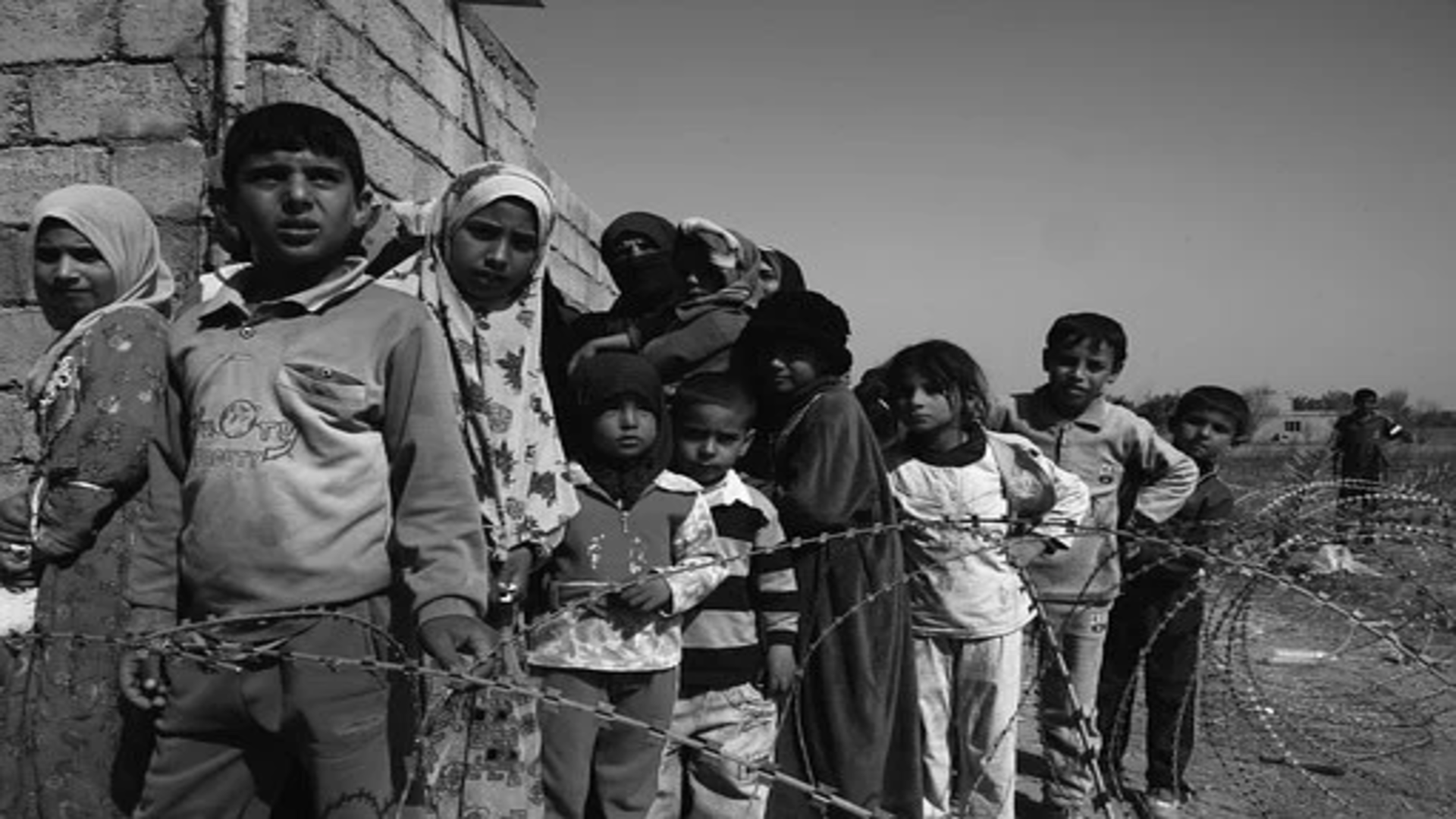Science, media and technology encourage the pursuit of knowledge and understanding of the natural and social world. U.S. leadership in new technologies—from artificial intelligence to biotechnology to computing—is critical to both our future economic competitiveness and our national security and thus our human rights. The speed at which technology is developing has never been faster,…Read More





